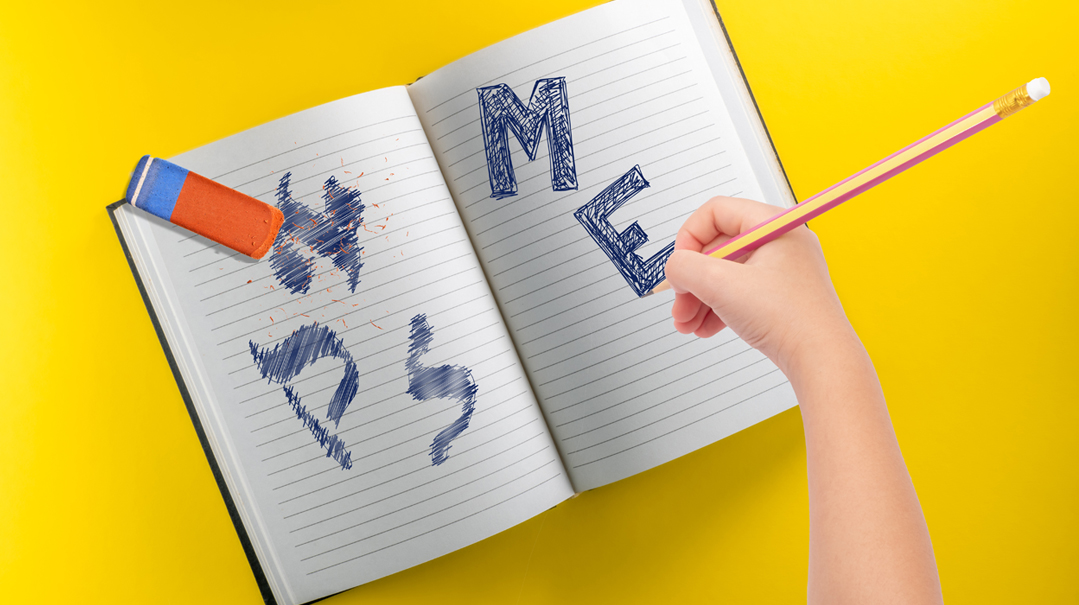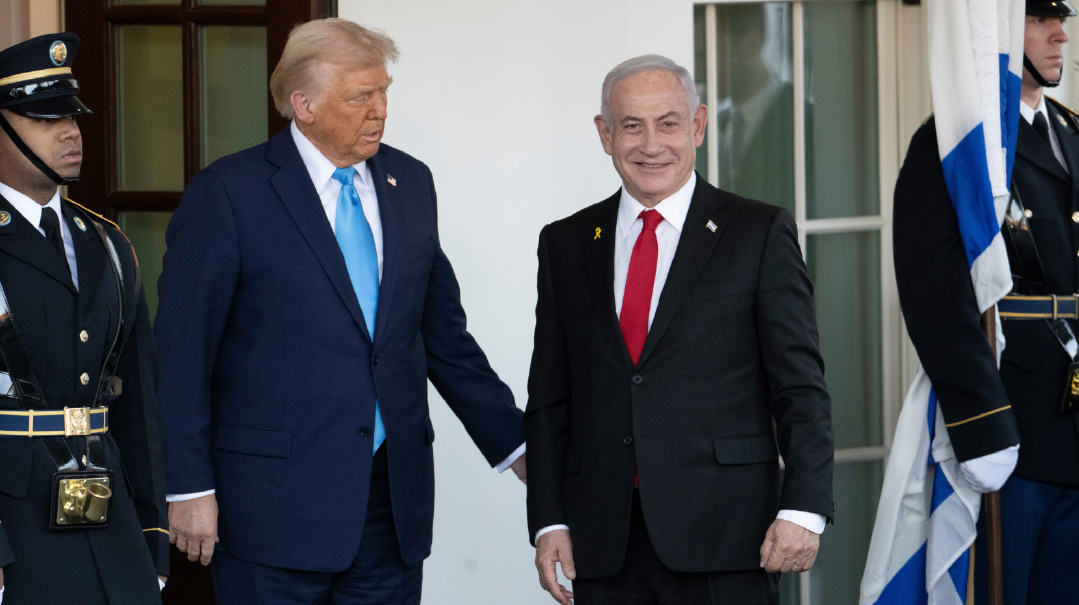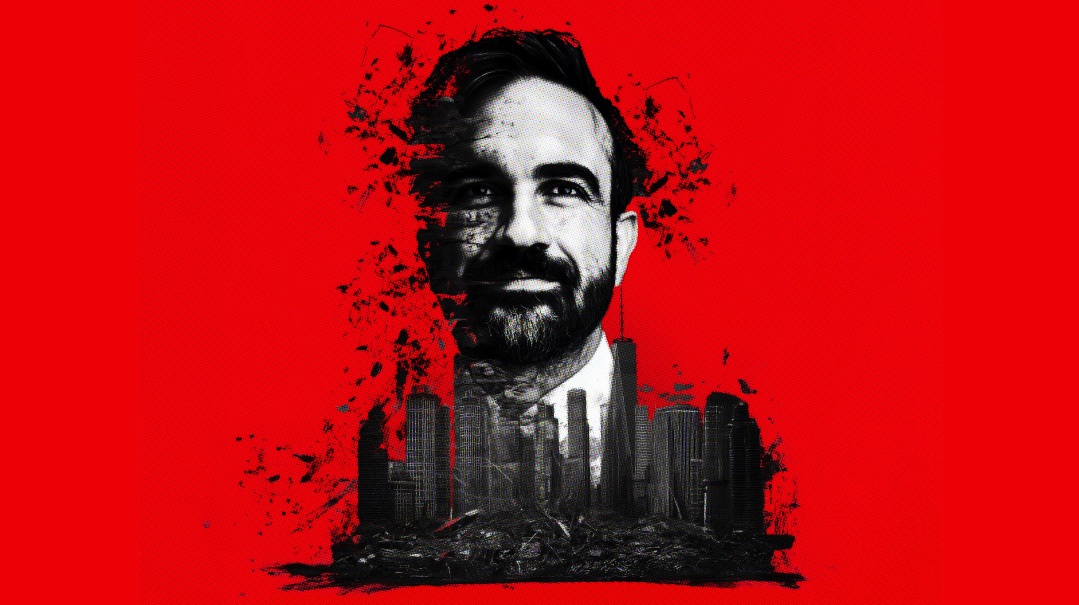New Twist in Yeshivos Lawsuit against NYSED
| December 19, 2023New York is imposing stricter regulations on the nonpublic schools than it is on its own public school system

IN
the long and closely watched saga of the New York State Education Department seeking to regulate the state’s nonpublic schools, yeshivah advocates have welcomed confirmation of a point that they’ve made repeatedly: That the state is imposing stricter regulations on the nonpublic schools than it is on its own public school system. That means that “equivalency” is not what the regulations are really after. The confirmation came from a department official speaking at a public meeting to a group of teachers.
In a City Journal article published this month, Rabbi Aaron Twerski, a Brooklyn Law School professor and former dean of Hofstra Law School, explained the superior benefits of a yeshivah education and provided a brief history of New York’s effort to curb the independence enjoyed by yeshivos — and religious parents — in determining their educational mission and course. That effort culminated in the September 2022 adoption of regulations that gave the State Education Department the authority to close schools that it said failed to provide an education “substantially equivalent” to that offered in public schools.
In October 2022, just a few weeks after the regulations went into effect, the yeshivah community sued the State Education Department (NYSED). The lawsuit was filed by a consortium of groups and yeshivos, including Parents for Educational and Religious Liberty in Schools (PEARLS), Agudath Israel of America, Torah Umesorah, and Yeshivas Rabbi Chaim Berlin, Torah Vodaath, Tifereth Jerusalem, Rabbi Jacob Joseph and Chasan Sofer.
Among the yeshivos’ complaints, Rabbi Twerski reminded his readers, was that the regulations required instruction in private schools be delivered solely in English, even though public schools offer classes taught in languages other than English. Indeed, the state not only permits public schools to teach classes in foreign languages, it actively promotes dual-language programs. Yet when it comes to the yeshivos, the regulations contain an ironclad prohibition: Only instruction in English counts. Classes given in any other language — including, of course, Yiddish, or in the case of a rebbi teaching Gemara and Chumash, Aramaic or Lashon Hakodesh — would not help a school be deemed substantially equivalent
The yeshivos pointed out this glaring double standard — and argued that NYSED cannot use the cover of “substantial equivalency” to impose rules on yeshivos that do not apply to the public schools. Legalities aside, it is offensive for NYSED to tout the educational value of a history class given in Spanish while denying the value of a class in which the subject text is Lashon Hakodesh.
Singing a Different Tune
In a lengthy affidavit responding to the lawsuit, State Education Commissioner Betty Rosa defended the regulations, claiming, “Petitioners’ [the plaintiff yeshivos’] suggestion that the requirement that English be the language of instruction for core subjects is stricter for nonpublic schools than in public schools is wrong and misconstrues the Respondents’ guidance on diversity and culturally responsive education.”
Yet NYSED sang a different tune during a training in Rockland County that it provided to local school districts in early November.
In a recording published alongside Rabbi Twerski’s article, a public education official asked David Frank, a NYSED assistant commissioner who oversees the Office of Religious and Independent Schools, about the prohibition of foreign language instruction in private schools. She said she was a “little confused” about that restriction, given that “even in our public school bilingual programs, we often teach math or science or social studies in a language other than English... So I assume if we do that in our public schools, that would be comparable in our nonpublic schools. So I am a little confused about that [the English-language instruction requirement] as a criteria.”
Mr. Frank responded: “So that provision of instruction in the core subjects being taught in English really pains me. I don’t think that it’s educational best practice. But it’s set forth in statute. This is one difference between the substantial equivalence regulations and what happens in district [public] schools. The requirements of the law for substantial equivalence are that instruction in the core subjects is in English. And I think that is contrary to the goals and strategic priorities of the Board of Regents and the Department [of Education]. But we don’t control the law. We’d mentioned this to legislators. And it hasn’t changed…
“If you do go to a school where they say, ‘Oh, we have great history instruction but actually it’s happening in the morning in our Talmudic class,’ and you go to see it and it’s all in Aramaic, that would not qualify under the substantial equivalence requirements. As much as it pains me to say it, that is the requirement of the law.”
Frank’s candid response — now publicized for the world to hear — supports what the yeshivos have alleged all along: That the NYSED regulations contain different rules for nonpublic schools that are stricter than those for public schools; and that the commissioner’s sworn affidavit to a court of law asserting that the yeshivos’ claim was “wrong” was clearly contradicted by her own staff.
Pernicious Double Standard
But worst of all, says Avi Schick, the lawyer representing the yeshivos, is that NYSED is using the English-only rule to prohibit limudei kodesh from even being considered education.
“That is not only legally indefensible, it is educationally unsupportable,” Mr. Schick told Mishpacha. “It turns everything we know to be true about the value of yeshivah education on its head. That is the most pernicious aspect of this double standard.”
Rabbi Twerski’s City Journal article restarted the conversation about government meddling into private schools, attracting the attention of mainstream media outlets such as the New York Post. “As an educator, I can tell you that this is bad policy,” Rabbi Twerski wrote. “As a parent who chose yeshivah education for my children, I can tell you that it is a heavy-handed bureaucratic overreach. And as a law professor, I can tell you that it is unconstitutional.”
This past March, the court hearing the yeshivos’ lawsuit ruled that the State Education Department does not have the authority to “impose penalties or other consequences on a nonpublic school that has been found to not provide substantially equivalent instruction,” and cannot “require parents to unenroll their children from nonpublic schools that do not fulfill all of the substantial equivalency requirements.” Rav Elya Brudny, one of the roshei yeshivah leading the effort to safeguard the yeshivos’ independence, told Mishpacha that the ruling was a “major development.”
The State Education Department has appealed the ruling. With the recording of NYSED’s admission of the double standard making the rounds, hope abounds that they will do the right thing.
(Originally featured in Mishpacha, Issue 991)
Oops! We could not locate your form.







